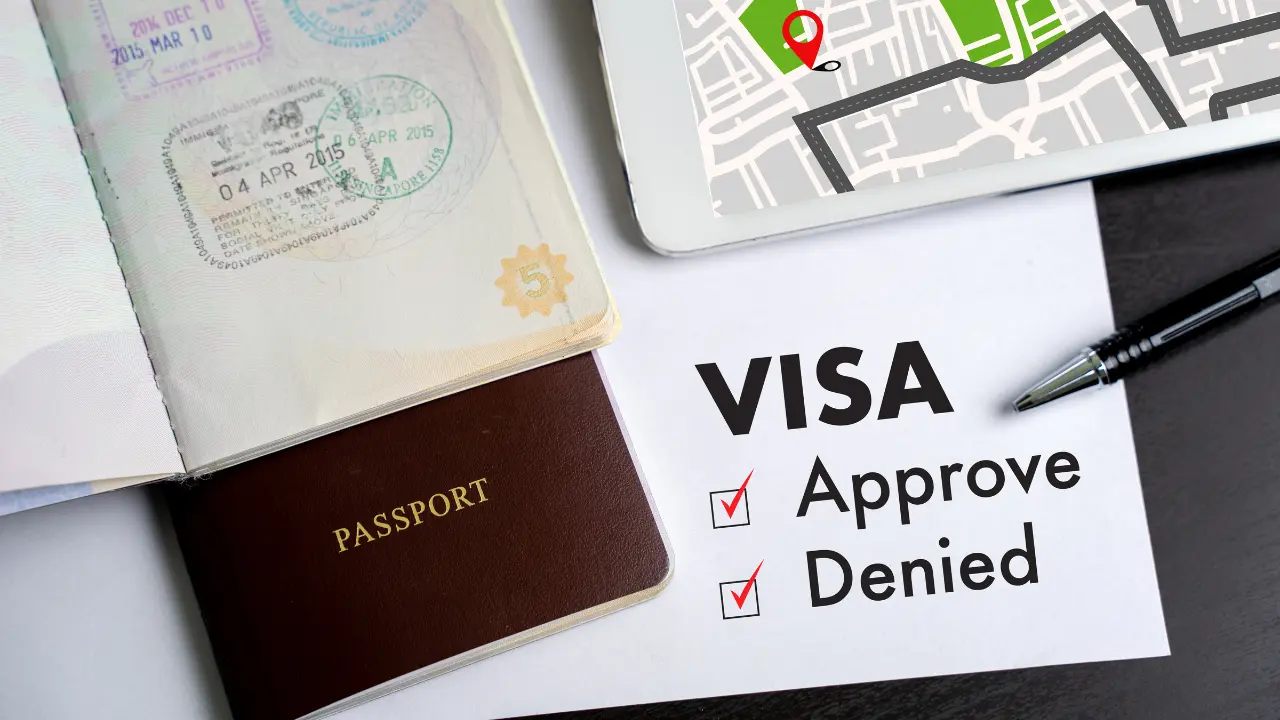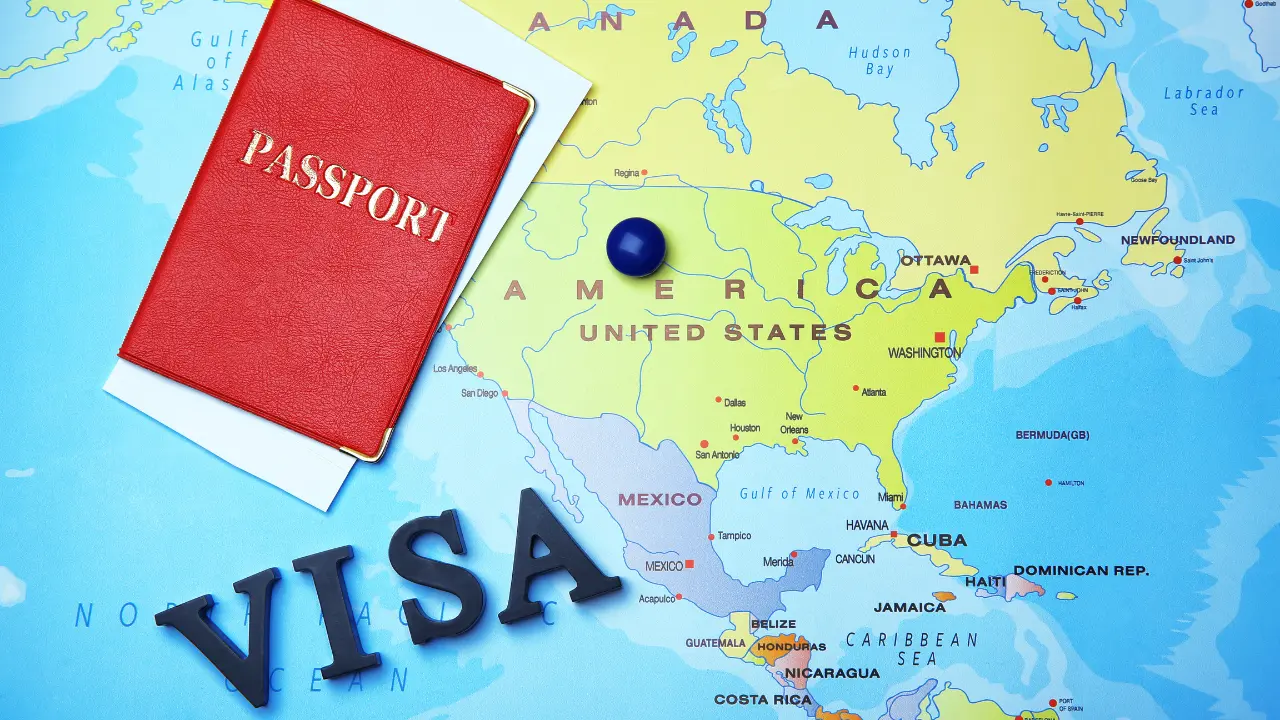Waiter Jobs in Dubai 2024 For Hotels & Restaurants
Are you searching for Waiter or Waitress jobs in Dubai? Check out great job chances with famous restaurants and hotels in the hospitality field. Apply now to demonstrate your excellent customer service skills in the lively city of Dubai. Don’t miss the opportunity to join the expanding food and beverage industry. Dive in and kickstart … Read more









